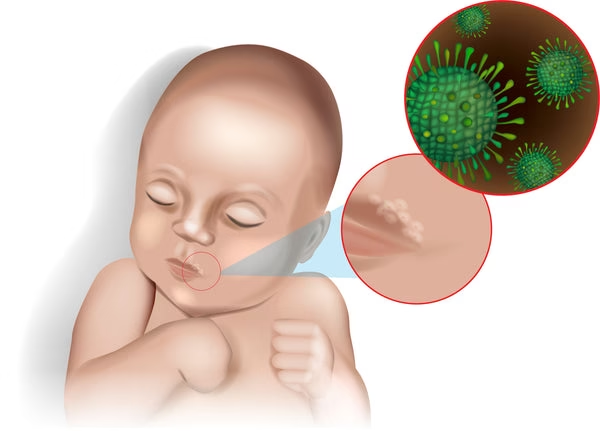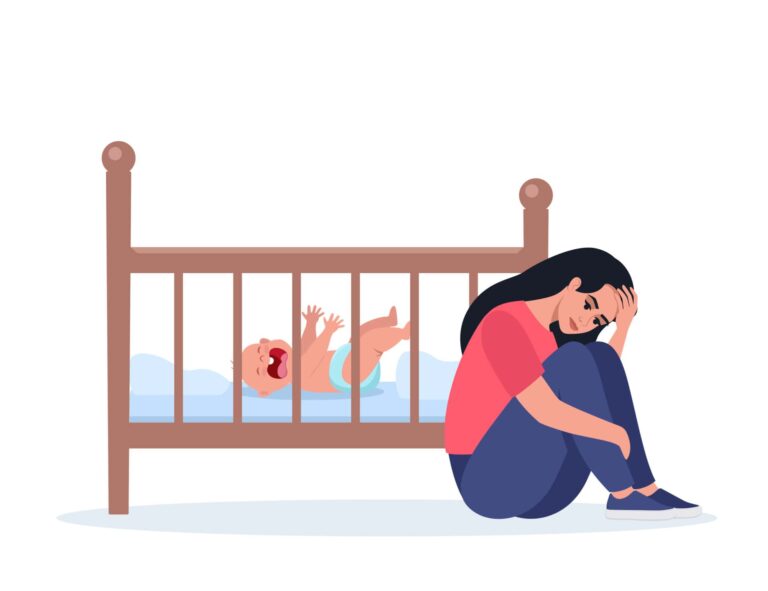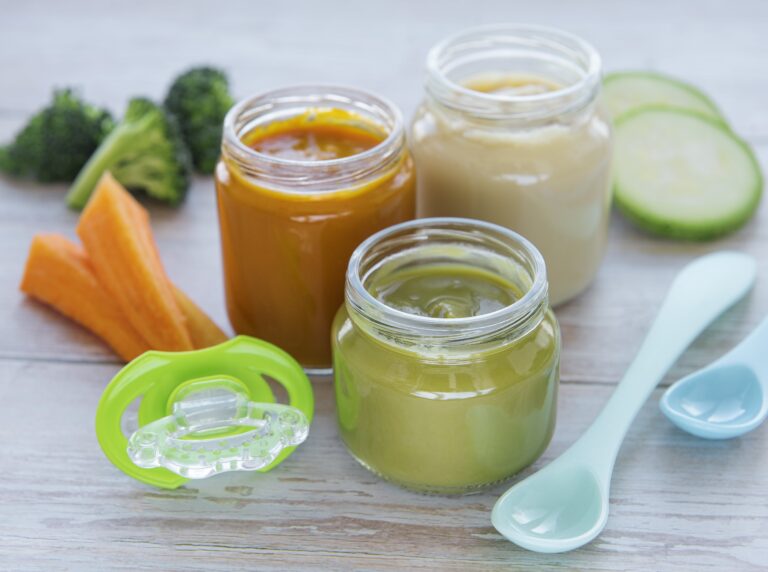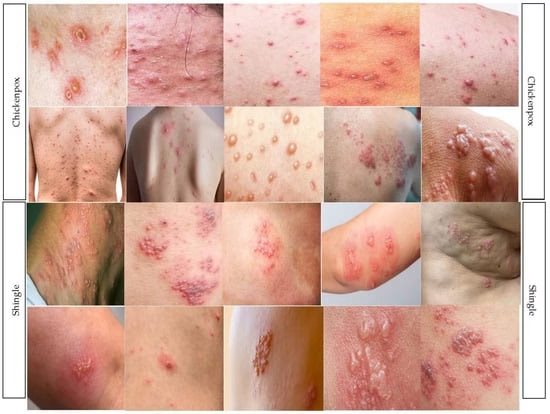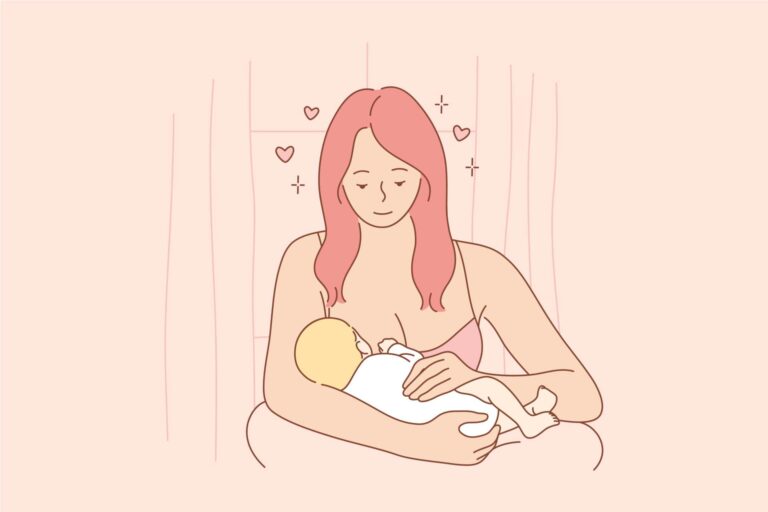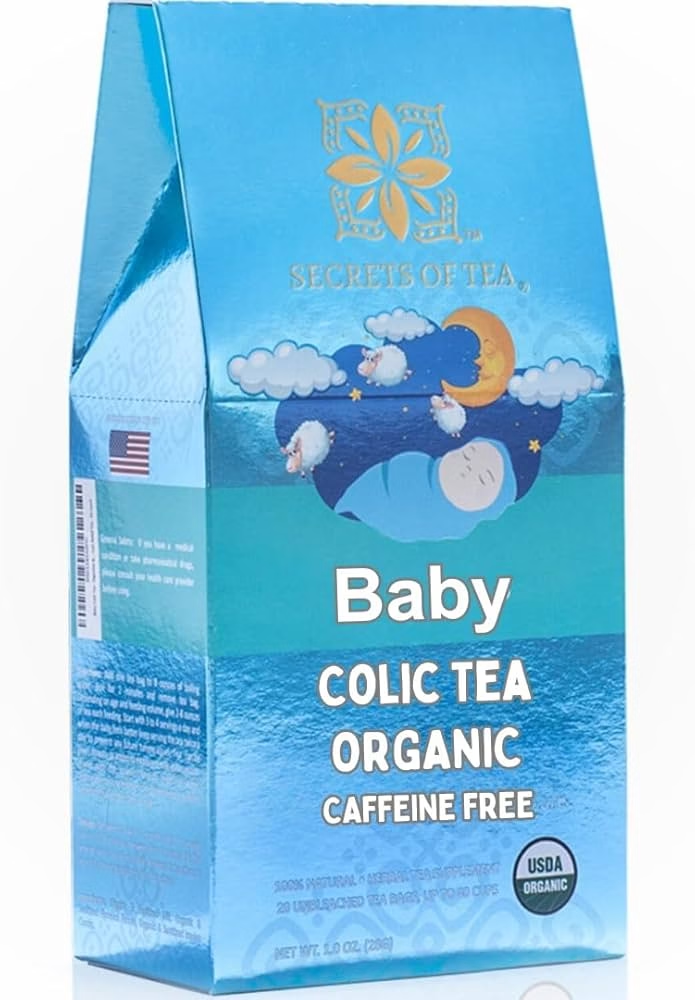Can Infants Get Fever Blisters? Essential Info for Parents
Yes, infants can contract fever blisters, also known as cold sores. These are caused by the herpes simplex virus type 1 (HSV-1).
Cold sores or fever blisters in infants may indicate a herpes simplex virus infection, which warrants careful monitoring and potential medical intervention due to the tender age of the child. Despite being less common in infants than in older children and adults, these blisters can pose significant health risks for babies, including the possibility of neonatal herpes – a serious condition that requires immediate medical attention.
Parents should be vigilant in identifying any signs of these blisters on their baby’s mouth area and should seek medical advice to ensure appropriate treatment and to prevent the spread of the virus. It is also essential for anyone with active cold sores to avoid kissing or having close facial contact with an infant to diminish the risk of transmission.
Fever Blisters In Infants: A Real Concern?
Many infants may encounter Herpes Simplex Virus early on. Some infants present with fever blisters. These are small sores or ulcers on or near the mouth.
Parents might confuse other ailments with fever blisters. Rashes and teething symptoms look similar. Yet, fever blisters have distinct signs. They are clusters of painful blisters. Blisters eventually crust over.
It’s vital to recognize these blisters early. Early recognition enables timely treatment. It prevents virus spread. Seek medical advice if uncertain. Your doctor will guide you about treatment and care.
How Fever Blisters Manifest In Babies
Infants can get fever blisters, commonly caused by the herpes simplex virus. Babies might show signs like small blisters on the mouth, gums, or lips. These blisters can break and weep fluid, forming scabs later. Redness and swelling in the affected area is typical. Some might drool more or be fussier than usual.
It is easy to confuse fever blisters with other skin conditions. Cold sores are clusters of blisters, while conditions like impetigo have larger sores. Milia presents as tiny white bumps, unlike the clear or puss-filled blisters of cold sores. Consult a pediatrician for accurate diagnosis and treatment. Keeping your baby’s hands clean and avoiding contact with infected individuals can reduce the risk of transmission.
Dangers Of Cold Sores For Newborns
Cold sores, or fever blisters, are not common in newborns. Yet, the herpes simplex virus (HSV) that causes them can lead to serious health risks in infants. HSV can spread from adults to newborns through skin-to-skin contact, such as kissing. This can lead to neonatal herpes, a condition more severe than in older children or adults.
An infected infant may show signs like irritability, poor feeding, or rashes. Parents should be vigilant about these symptoms. Newborns lack a fully developed immune system. Hence, HSV can sometimes result in complications such as brain and organ damage, or even be life-threatening.
Immediate medical attention is vital if a newborn shows any signs of a cold sore or if they were exposed to HSV. Early treatment can be crucial to prevent the worst outcomes. Parents should never hesitate to contact a healthcare provider if they suspect HSV infection in their infant.
Cold Sore Transmission To Babies
Babies can catch cold sores, known as fever blisters, through close contact. Infants are vulnerable to the herpes simplex virus which causes these sores. Kissing or touching a baby with an active sore can transmit the virus.
Preventing the spread of cold sores in infants is crucial. Anyone with a cold sore should avoid kissing babies and wash hands regularly. Disinfecting objects and surfaces the baby contacts is also important. Always consult a doctor if an infant shows signs of a cold sore.
Remedies And Treatments For Infant Fever Blisters
Infant fever blisters, also known as cold sores, may cause discomfort. Parents seek ways to soothe their baby’s pain. One effective method includes offering cooling foods and drinks. Chilled foods can be a source of relief. Cold beverages tend to reduce inflammation and can help to ease oral discomfort. For babies old enough to eat solids, cold purees or yogurt are good options. Remember, always keep portions small for infant safety.
Prescription medications might be advised by healthcare providers for severe cases. Antiviral creams or oral medications can help manage the herpes simplex virus, which causes the blisters. Always consult a pediatrician before starting any new treatment for infants. A doctor will ensure the remedies are safe and appropriate for the baby’s age and condition.
Protecting Your Infant From Herpes Simplex Virus
Immunizations are key to preventing viral infections. No vaccine currently exists for herpes simplex. Antiviral medications can help. They reduce the severity of symptoms when taken early. Talk to a pediatrician about safe options.
- Keep infants away from cold sore outbreaks.
- Wash hands often, especially after touching the face.
- Do not share utensils, cups, or towels.
- Sanitize commonly touched surfaces regularly.
When Parents Have Cold Sores: Steps To Take
Protecting your child from HSV is crucial when you have a cold sore. Wash your hands often with soap and water. This helps to prevent spreading the virus. Use hand sanitizer if water isn’t available. Keep your cold sores covered to avoid touching them. Touching a sore and then your child can pass on the virus.
Try not to kiss your child until your cold sore completely heals. Cold sores are most contagious when they burst. But they remain contagious until they’re fully healed. If you breastfeed, inspect your breasts for sores. Sores on the breast can pass on HSV during breastfeeding. If you have sores, cover them and use a breast pump until they heal.
Frequently Asked Questions
What Happens If A Baby Gets A Fever Blister?
If a baby gets a fever blister, it is important to consult a pediatrician because it can be risky for infants and may require medical treatment.
How Do You Treat Cold Sores In Babies?
To treat cold sores in babies, consult a pediatrician who may recommend antiviral medication, ensure proper hydration, and suggest a pain reliever like acetaminophen for discomfort.
What To Do If I Kissed My Baby With A Cold Sore?
Monitor your baby for any signs of illness and contact a healthcare professional immediately if you notice any symptoms. Keep the baby’s skin clean and avoid further contact with the cold sore.
Conclusion
Fever blisters, though not common in infants, are a concern for young ones’ delicate health. Parents should stay vigilant for symptoms and seek prompt medical advice if their infant shows signs of a cold sore. Good hygiene and avoiding direct contact with those infected can prevent transmission.
Remember, early treatment can make all the difference for your baby’s comfort and health.
